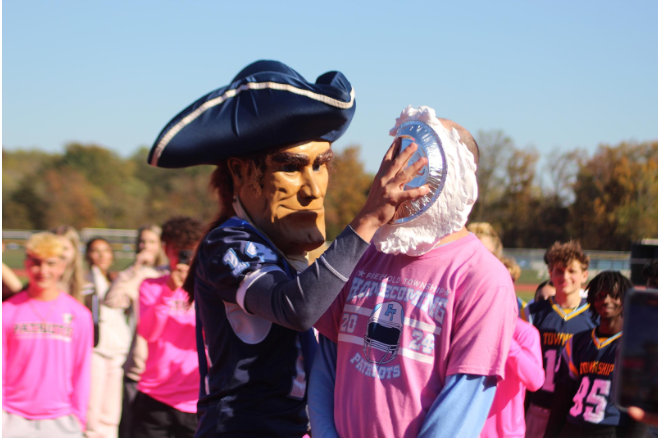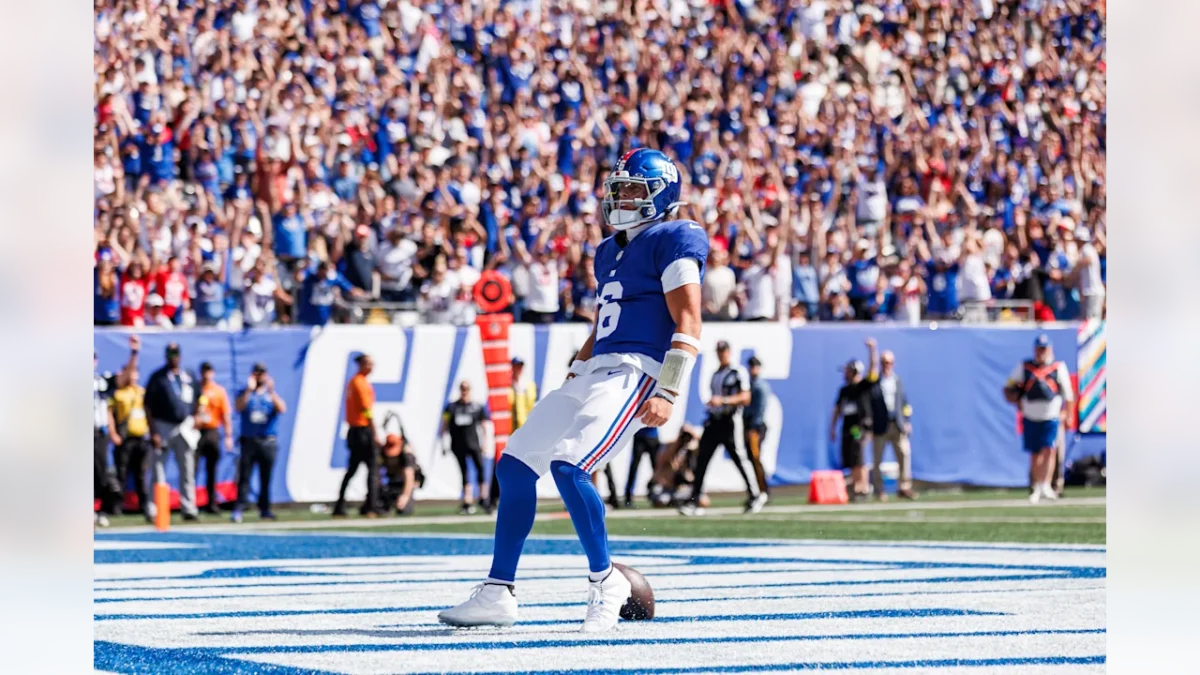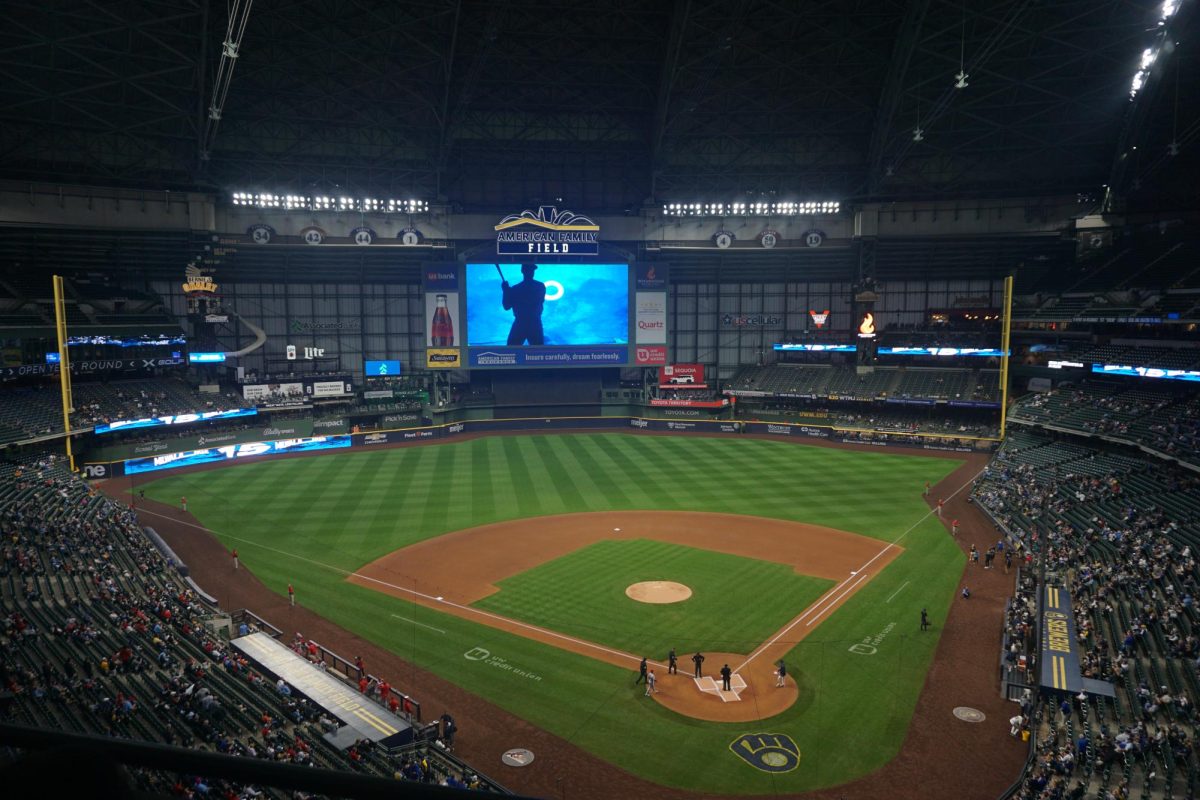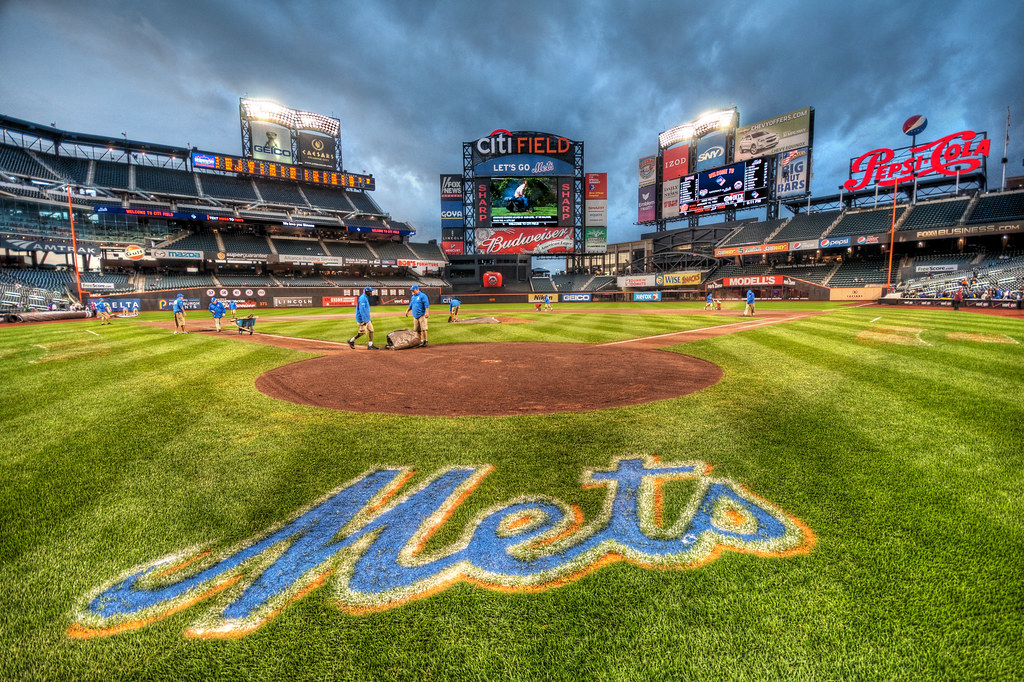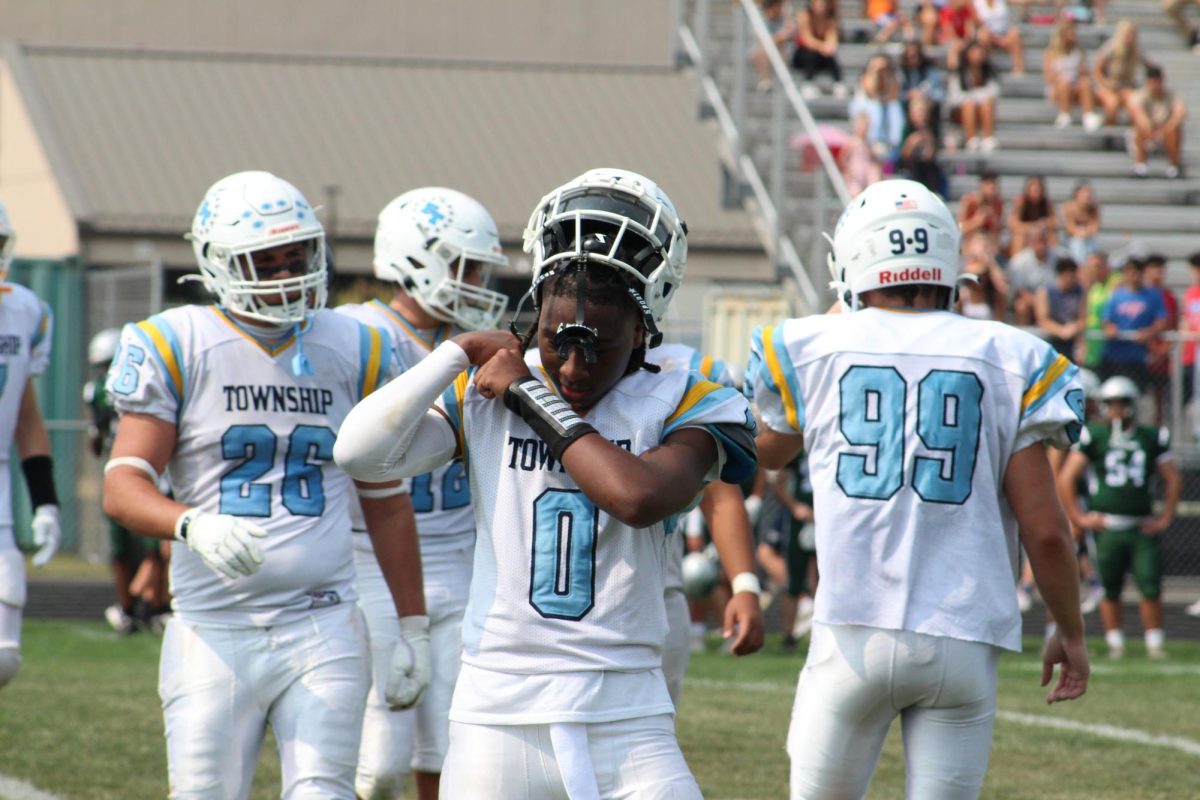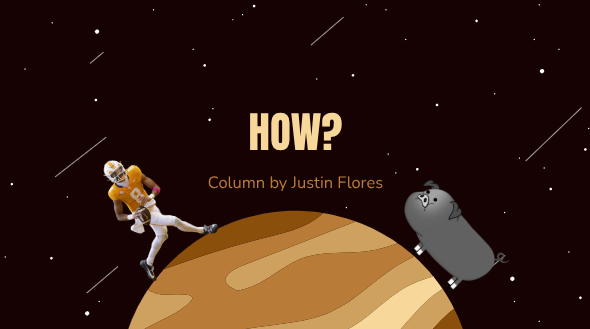
What you see on the top is a Berkshire Pig, a British breed of pig that originated in, surprisingly, Berkshire County in England. You may see it and think it’s known for its black skin with multiple white markings on its feet. Heck, you may even know it was once considered vulnerable back in 2008, as people were using it as “Wagyu for Pork”. But you most likely don’t know that one death of this pig resulted in another possible American Revolution back in 1859. Also coined as the Pig War, it took place on a few islands off the coast of Oregon and included a potential standoff against British Powers, threats of invading Canada, and even another round between the USA and Great Britain. All because someone shot a damn pig.
Context
Back in the 1800s, America and its “Manifest Destiny” had been expanding outward to gain more territory. It did lead to another altercation with the British, termed the War of 1812, but afterwards led to an issue based on borders. Specifically with Canada, and especially after an attempted invasion of, the powers met for the Oregon Treaty of 1846. The treaty was supposed to be a straight line that would help split where the USA and Canada are. But the words of the treaty were too vague, as it stated: “middle of the channel that separates the continent from Vancouver Island”. It referenced the straight line through the middle of the channel, which would finally help split the two countries through a border, with the split coming from San Juan Island.
Only issue? There were three channels.
The British insisted that the line would be through the Rosario Strait, which would make the islands owned by them. The Americans claimed it was the Haro Strait, which would make it theirs. There was another middle strait that wasn’t given a name, that could have easily split up the islands between the two powers, though.
Nah.
Instead, there was an agreement between the two powers to have an occupation of the island. It did lead some Americans to make claims to the islands after the Gold Rush down west, even though the Hudson’s Bay Company had already set up shop in Vancouver Island, already harvesting the contents of. When it was 1859, between 14 and 30 American settlers took up residence there, one of which being Lyman Cutler, and he ended up dealing with some problems with British-owned animals there. His response?
The Pig Shot Heard Around the World
June 15, 1859, was when that same Berkshire Pig came into his plot of land, eating up the potatoes once again. Minutes later, it never ate another potato again. The pig had been owned by Charles Griffin, who was actually an employee of the HBC, and led to him confronting Cutler. While Cutler offered only $10 in compensation(The audacity!)Griffin denied and threatened to arrest him. What followed?
64 troops are being sent to the island to defend the American settlers
James Douglas sent the British Ship HMS Tribune in response
Leads to five more British warships and 1000 British soldiers + 400 American soldiers, military drills conducted
The Royal Navy Admiral of Britain, Robert L Baynes, stopped by to see what was going on. Led to him saying, and documented: “Involve two great nations in war over a squabble about a pig”.
When word reached DC about the situation, General Winfield Scott was sent to negotiate with the admiral and resolve the border dispute.
This led to a 12-year “joint military occupation” of the island during the American Civil War, too.
It wasn’t until 1871 that the Treaty of Washington was formed to settle claims of the countries, involving the San Juan Islands. With assistance from German Kaiser Wilhelm l to help resolve the dispute, it ended with Americans finally gaining the island. On November 25, 1872, the last of the British troops finally left the island, presumably heading back to Vancouver Island. It was said that when the Americans came to put their flag on top of the pole, the British ended up removing the flagpole before they did…talk about petty.
And that was that. The situation was solved just like that. What started off as a farmer shooting a pig, almost led to another possible American Revolution against the British. Even if there were some people ready for war (Cough Cough William S Harvey), ultimately, cool, cool-headed minds prevailed. Because let’s be honest, if we truly went to war over the British again, not for independence or territorial gain, but over a pig, what would that make of us back then and today? At least there was no actual declaration of war over an animal; the honor of that would actually go to Australia, and their problems with their national bird: The Emu.







